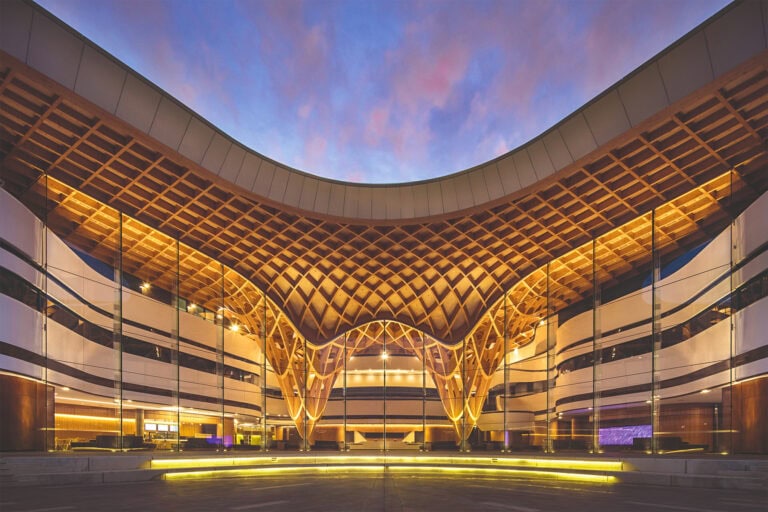Dear editor:
?In your original article about Virgil resident Rudi Koller's “Celebrating Our Traditional Marriage” sign, (” 'Traditional marriage' lawn sign decried as homophobic, hateful,” July 8), he said he feels the town doesn't support his lifestyle, and I'm curious as to which lifestyle he is referring to.
Is it the traditional lifestyle that is so vehemently promoted in church? Or the traditional heterosexual lifestyle that is taught as standard in schools?
I have lived my entire life in Niagara and seen nothing but heterosexual representation.
If you think a flag and a crosswalk is an unfair allowance for the queer community, when every other institution in the region already validates heterosexual couples and nuclear family units, then I can't help but laugh at the sheer ignorance of one's own privilege.
It's like complaining about clean drinking water, while peeing upstream. The town has done nothing but support traditional lifestyles and only those who feel insecure about their own selves would have a problem with showing solidarity for minority groups, such as the LGBTQ2IA+ community.
Had I seen the sign myself, I might have laughed and walked on.
However, I empathize with Barnabas Farkas and his partner, who have witnessed their fair share of prejudice, as well as young queer people who will see a sign like this as yet another reminder of why they should hide themselves from their families and their community.
In your July 29 follow-up story, “Is it hateful? Experts talk about 'traditional marriage' sign,” I also support experts like Sébastien Roback and Prof. Judiith Taylor, who so eloquently described the “traditional” lawn sign as an expression of intolerance, and a potential for an increase in anti-queer sentiment in the region (or, in the least, exposure of intolerance that already exists).
I find it interesting how far straight people will go to feel oppressed. Posting a sign about “traditional marriage” on your lawn isn't just a sign of pride, it's a defensive statement, particularly considering the word “traditional,” which carries a historical connotation that has been used to oppress queer people for centuries.
If something is not traditional, it is often viewed as unwanted or even unnatural, a disturbance to the status quo.
So I have to ask, why post a sign to celebrate something as mundane and universally accepted as a straight marriage, unless you are either trying to rally others under your banner of straight pride, to oppose the liberation of queer people, or perhaps to send the message that you have convinced yourself that the existence of queer people is a form of oppression against your existence.
Then again, a bunch of straight people crying in a public forum about oppression, either those offended by solidarity with oppressed minorities, such as letter writers Jean “Say-No-to-the-Rainbow” O’Malley, or those who feel the need to protect something so omnipresent as traditional marriage, such as Sandra Miele (“I think I’ll make Mr. Koller a plate of cookies and go for a visit”), is highly unsurprising.
Even Karen Brown and Shirley Edwards’ suggestion of a garden in place of a crosswalk, while considerate, will only add to the already inconspicuous nature of Niagara’s support of the queer community.
My advice: don’t act as yet another consoling, complacent bystander to a tantrum by someone who is angry for having to share a slice from a pie that has already grown stale.
Sean Parkinson
Miss Pride Niagara 2014
St. Davids







